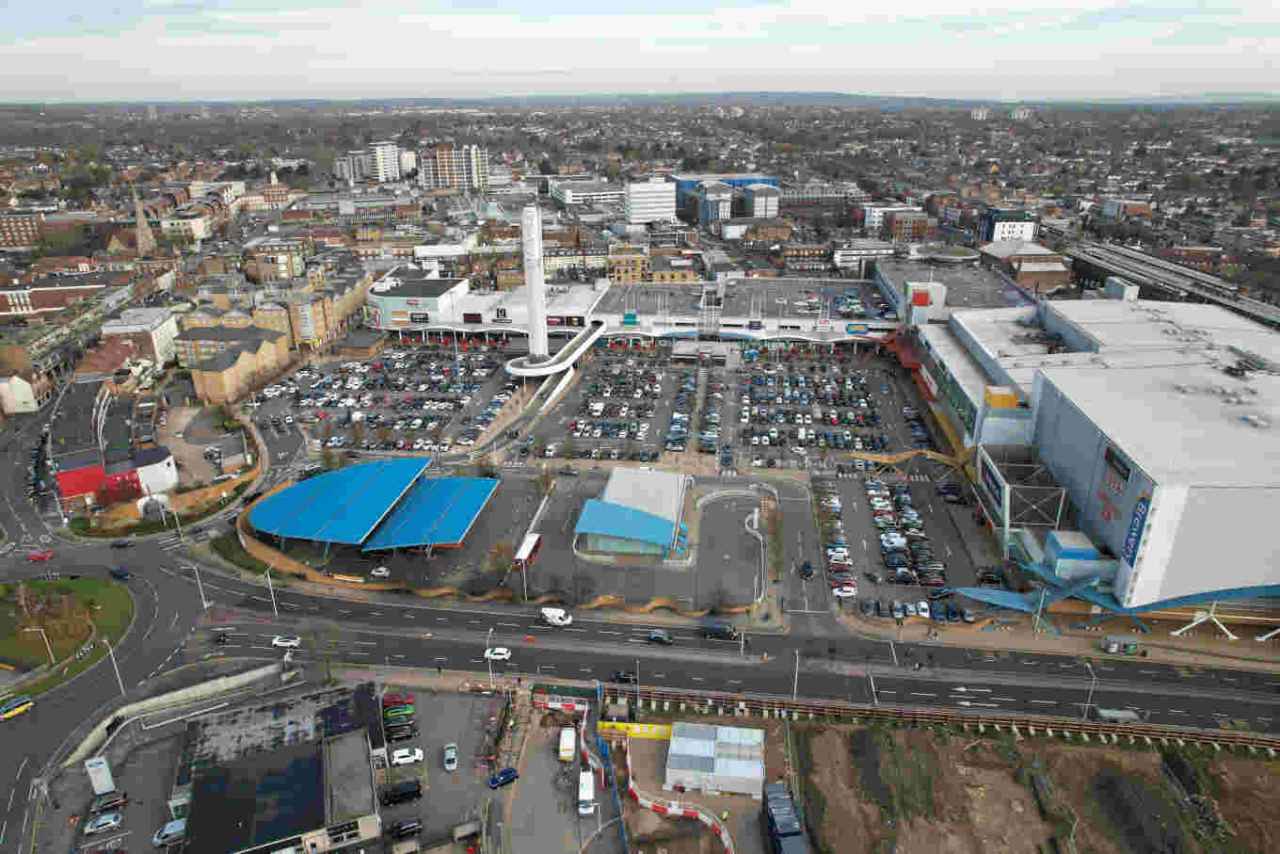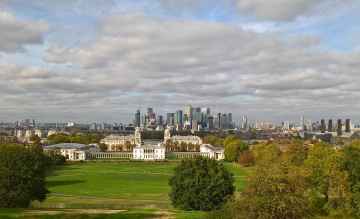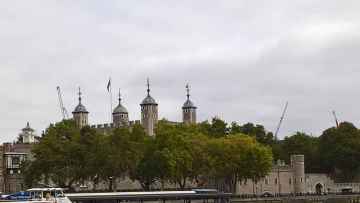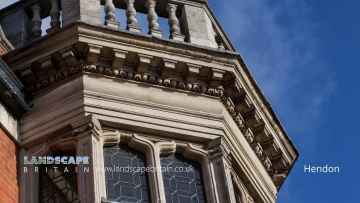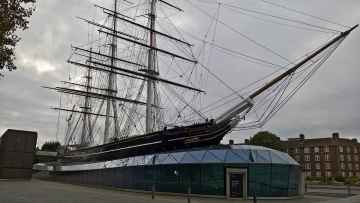Romford is a Town in the county of Greater London.
Romford is a vibrant town located in the county of Essex, England. Situated in the northeastern part of the county, Romford is known for its rich history, bustling market, and lively atmosphere.
History
Romford has a fascinating history that dates back to Roman times. It was originally a rural settlement, but its strategic location on the road between London and Colchester made it an important market town. Over the centuries, Romford grew in size and prosperity, becoming a center for agriculture and trade.
Market
One of the highlights of Romford is its historic market. The Romford Market has been operating for over 750 years, making it one of the oldest in the country. Visitors can explore a wide array of stalls selling fresh produce, clothing, household goods, and more. The market provides a vibrant and bustling atmosphere, attracting locals and tourists alike.
Shopping and Entertainment
Romford offers a diverse range of shopping and entertainment options. The town center is home to several shopping centers, including The Liberty and The Brewery, where visitors can find a variety of high street and independent stores. Additionally, there are numerous restaurants, cafes, and pubs, catering to various tastes and preferences. For entertainment, Romford boasts a multiplex cinema and a popular theater, hosting a variety of performances throughout the year.
Parks and Green Spaces
Nature lovers will appreciate the abundance of parks and green spaces in and around Romford. Raphael Park, with its picturesque lake and landscaped gardens, is a popular spot for relaxing walks and picnics. Havering Country Park, located nearby, offers expansive woodlands, open meadows, and nature trails for those seeking outdoor adventures.
Transport
Romford benefits from excellent transport links. The town has its own railway station, providing frequent services to central London and other destinations in the region. Additionally, Romford is well-served by buses, connecting it to nearby towns and suburbs. For those traveling by car, Romford is conveniently located near major road networks, including the A12 and M25, facilitating easy access to other parts of Essex and beyond.
Community and Events
Romford is known for its strong sense of community. The town hosts various events and festivals throughout the year, bringing residents together and showcasing local talent. From music festivals to food markets, there is always something happening in Romford to engage and entertain its diverse population.
Romford in Essex is a town with a rich history, vibrant market, and a range of amenities. Whether you’re interested in exploring its historical roots, shopping at the bustling market, or enjoying the green spaces and entertainment options, Romford has something to offer for everyone.
Romford postcode: RM2 5
There are great places to visit near Romford including some great cities, castles, museums, rivers and streams, shopping centres, towns, historic monuments and airports.
Don't miss London's cities if visiting the area around Romford.
Don't miss The Tower of London's castles if visiting the area around Romford.
The Tower of London, National Maritime Museum Greenwich, and Cutty Sark are great places to visit near Romford if you like museums.
There are a number of rivers and streams near to Romford including River Thames at London.
Don't miss Westfield London, Westfield Stratford City, Brent Cross Shopping Centre, and Whitgift Centre's shopping centres if visiting the area around Romford.
Romford's best nearby towns can be found at Hendon, Greenwich, and Croydon.
Don't miss Cutty Sark's historic monuments if visiting the area around Romford.
London Biggin Hill Airport, Heathrow Airport, London City Airport, and London Heliport are some of Romford best airports to visit near Romford.
Romford History
There are some historic monuments around Romford:
Places to see near Romford
History of Romford
The original site of the town was to the south, in an area still known as Oldchurch. It was moved northwards to the present site in the later medieval period to avoid the frequent flooding of the River Rom. The first building on the new site was the parish church of Saint Edward the Confessor.






